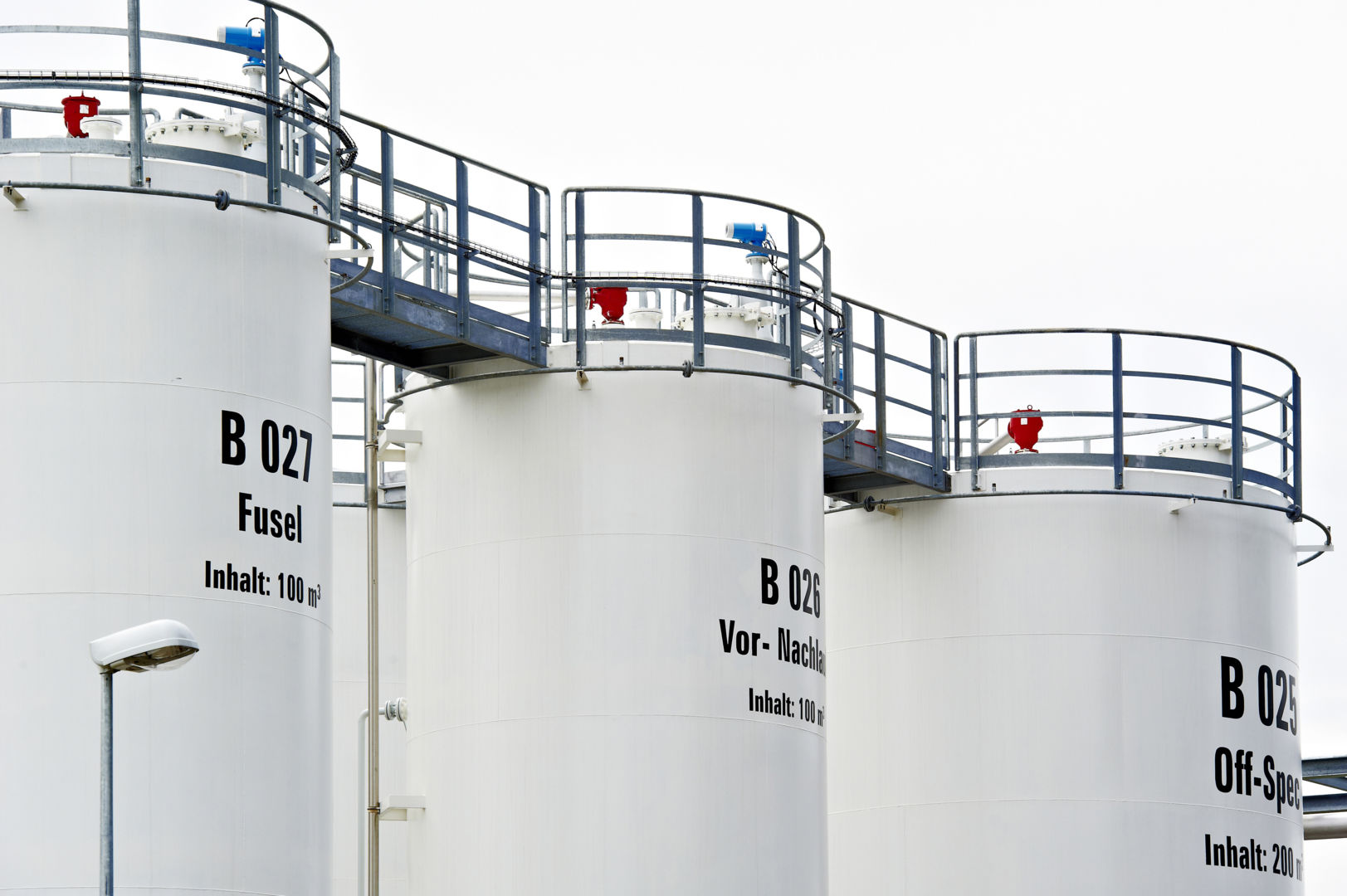
Position of the German Biofuels Value-Added Chain on the EU-Commission's Proposed Recast of the Renewable Energies Directive (RED II)
represented by:
Bundesverband der Deutschen Bioethanolwirtschaft e.V./German Bioethanol Industry Association (BDBe)
Deutscher Bauernverband e.V./German Farmers' Association (DBV)
Union zur Förderung von Oel- und Proteinpflanzen e.V./Union for the Promotion of Oil and Protein Plants (UFOP)
Verband der Deutschen Biokraftstoffindustrie e.V./Association of the German Biofuels Industry (VDB)
Verband der ölsaatenverarbeitenden Industrie in Deutschland e.V./Association of the Oilseed Crushing and Oil Refining Industry in Germany (OVID)
March, 2017
The Guiding Principle: Promoting Sustainable Biofuels from Agricultural Sources
Biofuels account for c. 5% of energy consumption in the German transport sector nowadays (2015: 31.6 billion KWh). This results in annual savings of approximately 6.7 million (metric) tons of CO2 emissions. Biofuels are now one of the most important sources of renewable energy in the transport sector; the contribution made by renewable electricity corresponds to roughly one-ninth of total biofuel consumption (3.7 billion KWh p.a.). Biofuel consumption in 2015 included 2.1 million tons of biodiesel, 1.2 million tons of bioethanol, 50 million cubic metres of biomethane as well as approximately 2,000 tons of vegetable oil.
The German agricultural and biofuel sector is committed to sustainability and seeks to ensure constant improvements in the greenhouse gas balance of biofuels. Average greenhouse gas emissions from biofuels in 2015 were over 70% lower than emissions from diesel or petrol. Utilisation cascades and exploitation of co-products enable an optimum combination of food production, supply of biofuel feedstocks and materials utilisation. Prime examples include the rapeseed-biodiesel-rapeseed meal or sugarbeet/grain-ethanol-DDGS production pathways. Co-products from processing of cultivated biomass for biofuels play a significant role in domestic supply of protein feed, making a sizeable contribution to value creation in rural regions. Increased use of residues and by-products may complement such biofuels but cannot serve as a substitute for them.
The EU-Commission Proposal (RED II)
The draft Directive of 30.11.2016 envisages switching to what are known as advanced renewable fuels in the transport sector by means of a minimum quota. Biofuels from agricultural biomass (referred to as conventional biofuels) may not be counted towards this quota. Instead these conventional biofuels are only taken into account in the context of calculations relating to the overarching EU goal for renewable energies, up to a ceiling of 3.8% of total energy use in the transport sector. The Commission's plans do not envisage continued pursuit of the implementation strategy adopted in Germany, which entails a non-technology-specific obligation to reduce GHG emissions in the mobility sector (pursuant to the Fuel Quality Directive).
Appraisal of the EU-Commission Proposal
- The aforementioned associations support more extensive support for advanced biofuels but are strictly opposed to any phasing-out of funding for biofuels from agricultural biomass. The EU-Commission proposal would lead to fossil fuels acquiring greater market share, as neither advanced fuels nor electromobility will be able to make up the supply shortfall by 2030. The EU-Commission proposal jeopardises attainment of the EU's climate change mitigation objectives.
- In the light of efforts to attain the 2020 objectives, it was decided in 2015 after laborious consultations that the contribution to be made by biofuels from agricultural biomass would be limited to 7%. It would be erroneous to abandon this provision, particularly if a comparable amount of a substitute is not available. The EU-Commission proposal does not foster moves to increase the share of renewable energies and to ensure decarbonisation by 2030.
- It would make sense for advanced biofuels (RED II, Annex IX, Parts A and B as well as other options) to be developed as a supplement to biofuels from agricultural biomass after 2020 too, rather than replacing these conventional biofuels.
- Biofuels from agricultural biomass will remain the most cost-effective alternative to fossil fuels until at least 2030.
Joint Demands
The following amendments to the proposed draft Directive (RED II) are urgently needed:
- Maintaining a quota objective for all renewable energies up to 2030, including all biofuels.
- The stipulated goal of a 10% share of renewable energies in the transport sector by 2020 must be maintained. With only a target value of 6.8 % advanced biofuels, the EU will not be able to attain its climate protection goals in the transport sector by 2030; sustainable biofuels from agricultural biomass remain essential.
- The maximum amount of 7% biofuels from agricultural biomass stipulated in the 2015 compromise should be maintained unaltered until 2030. In this context preference should be given to biofuels that produce proteins and other high-quality feedstuffs as co-products. Particular precautionary measures should be introduced for biomass imports from third countries with demonstrable sustainability problems, in particular relating to illegal land-use changes.
- The obligation to reduce greenhouse gases in the transport sector, which has been in force in Germany since 2015, has proven to be an effective tool in enhancing climate protection efficiency. This obligation should be maintained and developed in the post-2020 period too, and linked to RED II.

